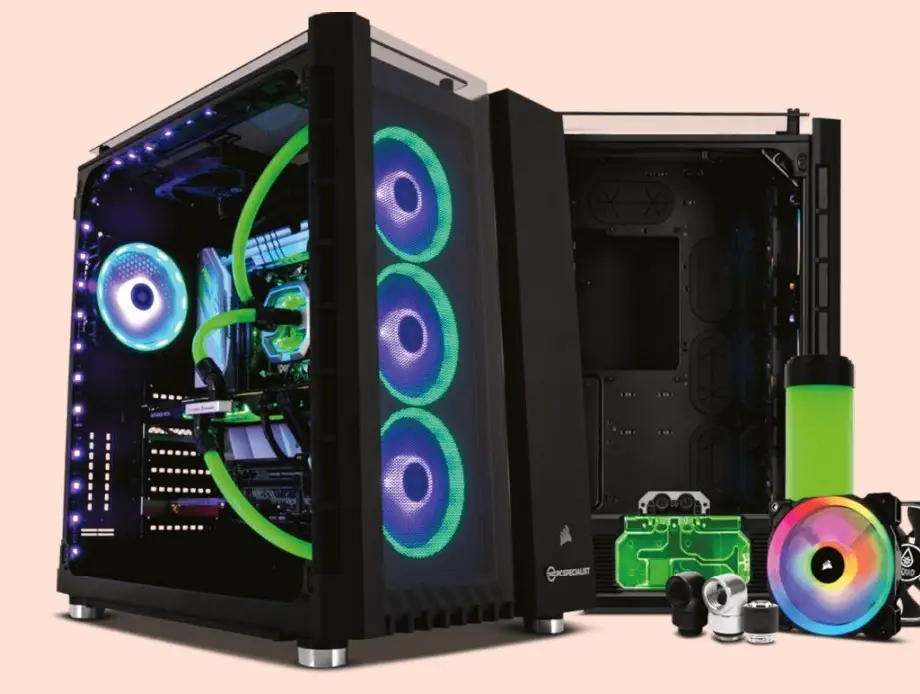When it comes to keeping your gaming PC’s temperatures in check, there are two primary contenders in the arena of cooling systems: air cooling and liquid cooling. Each method has its devoted proponents, and the debate over which is superior is a constant topic among PC enthusiasts. In this exploration, we delve into the details of air and liquid cooling, their respective benefits, and why you might favor one over the other. Understanding the difference between these cooling solutions is essential for optimizing your computer’s performance and reliability. Let’s unravel the mysteries of air and liquid cooling to determine which is the best fit for your gaming rig.
Both air and liquid cooling methods are devised to maintain optimal operating temperatures for your PC’s internal components, with a particular focus on the graphics card or GPU. This is crucial because resource-intensive games can push GPUs to their limits, generating significant heat. Excessive heat can adversely impact your gaming experience, as GPUs are engineered to self-regulate their performance to prevent overheating.
SEE ALSO: How to Move Installed Apps to an Another Drive
Air Cooling
Both air and liquid cooling systems share the goal of minimizing internal temperatures, but each approach comes with its set of advantages and disadvantages. Air cooling typically relies on one or more strategically positioned fans to expel heat from the PC case. These fans can be quite large and, when running at full capacity, can produce noise.
Liquid Cooling

In contrast, liquid-cooling systems, as shown in the picture, tend to be more compact and quieter. However, they are generally more complex to install and might require more frequent maintenance. For instance, a custom-built liquid-cooling system may require periodic flushing and changing of the coolant fluid, although modern “closed-loop” systems largely mitigate this need. Air-cooled setups also need some routine maintenance, such as cleaning to remove accumulated dust, but this process is typically more straightforward and doesn’t require specialized knowledge.
In conclusion, if you seek the ultimate performance from your GPU without compromising on relative silence, liquid cooling is the superior choice. Nevertheless, it’s important to note that liquid-cooled configurations generally come at a higher cost, and you should be prepared for the added complexities, time, and expenses associated with specialist maintenance.

Comments